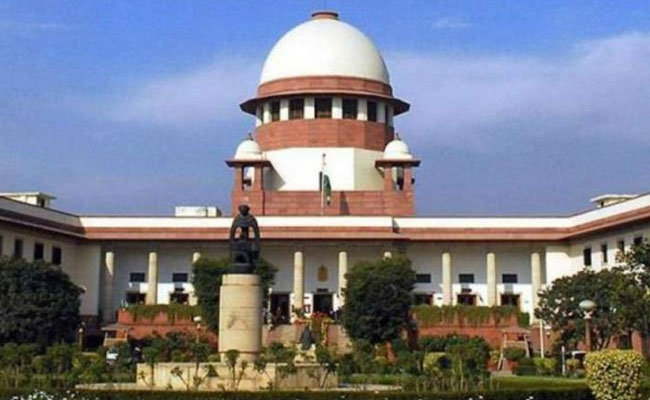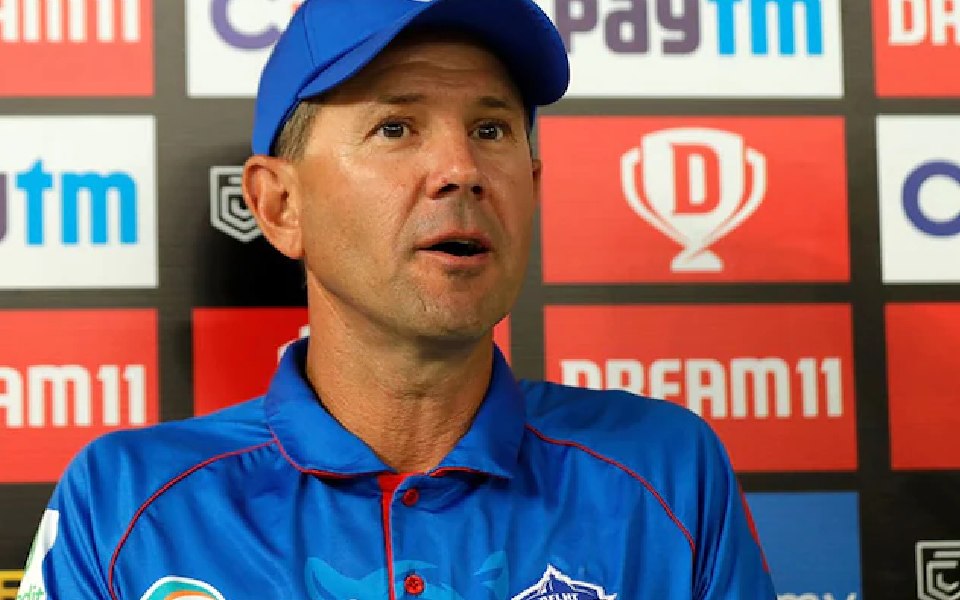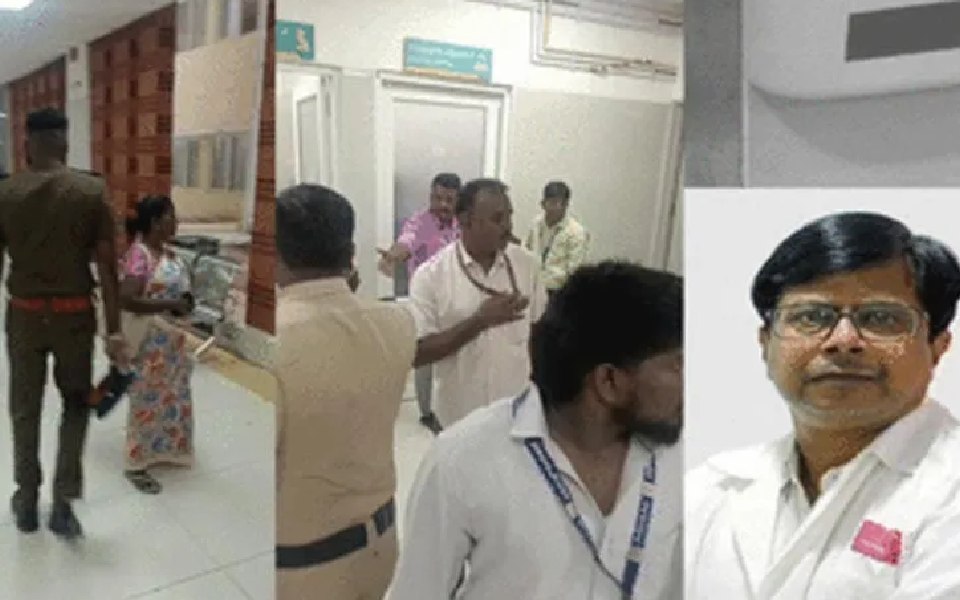New Delhi (PTI): The Supreme Court on Wednesday slammed the practice of filing sealed cover reports in courts and said it violates both principles of natural justice and open justice.
The top court suggested that public interest immunity proceedings should be adopted in cases where the government is hesitant to disclose the contents of its intelligence reports.
It said public interest immunity proceeding is a less restrictive means to deal with non-disclosure on the grounds of public interest and confidentiality as the documents are completely removed from the proceedings.
The remarks came while the court was hearing a plea by Malayalam news channel MediaOne against the Kerala High Court's order which had upheld the Centre's decision to ban its telecast on security grounds.
The high court had relied on material which was disclosed solely to the court in a sealed cover by the Union Ministry of Home Affairs and said the MHA decision to deny security clearance was based on intelligence inputs received from various agencies.
A bench comprising Chief Justice DY Chandrachud and Justice Hima Kohli said the reports by investigative agencies impact decisions on the life, liberty, and profession of individuals and entities, and to give such reports absolute immunity from disclosure is antithetical to a transparent and accountable system.
The top court said it is imperative for the State to prove through the submission of cogent material that non-disclosure is in the interest of national security.
"It is the Court's duty to assess if there is sufficient material for forming such an opinion. A claim cannot be made out of thin air without material backing for such a conclusion. The Court must determine if the State makes the claim in a bona fide manner," the bench said.
The apex court said sealed cover procedures followed by the high court have rendered the channel's right to writ remedies a dry parchment.
"The nondisclosure of reasons for the denial of security clearance which is the sole ground for denying the permission to renew the license and the disclosure of relevant material only to the court in a sealed cover has rendered the appellant's procedural guarantees under the Constitution otiose. The appellants' right to writ remedies has been denied through a formalistic order by the High Court.
"The procedure that was followed by the High Court has left the appellants in a maze where they are attempting strenuously to fight in the dark. The non-disclosure of reasons for denial of security clearance to the appellants and the disclosure solely to the Court in a sealed cover has restricted the core of the principles of natural justice - the right to a fair and reasonable proceeding," the bench said.
The top court said to safeguard the claimant against a potential injury to procedural guarantees in public interest immunity proceedings it has a power to appoint an amicus curiae.
"The appointment of an amicus curiae will balance concerns of confidentiality with the need to preserve public confidence in the objectivity of the justice delivery process. The amicus curiae appointed by the Court shall be given access to the materials sought to be withheld by the State.
"The amicus curiae shall be allowed to interact with the applicant and their counsel before the proceedings to ascertain their case to enable them to make effective submissions on the necessity of disclosure," it said.
The apex court, however, said the amicus curiae shall not interact with the applicant or their counsel after the public interest immunity proceeding has begun and the counsel has viewed the document sought to be withheld.
"The amicus curiae shall to the best of their ability represent the interests of the applicant. The amicus curiae would be bound by oath to not disclose or discuss the material with any other person, including the applicant or their counsel," it said.
Let the Truth be known. If you read VB and like VB, please be a VB Supporter and Help us deliver the Truth to one and all.
Mumbai, Nov 13: A special court here on Wednesday issued a fresh bailable warrant against former BJP MP Pragya Thakur, a prime accused in the 2008 Malegaon blast case, as she failed to appear before it citing health issues.
This was the second warrant issued this month against Thakur by the special court for National Investigation Agency (NIA) cases.
On November 5, the court had issued a warrant against her for failing to attend the proceedings, and directed her to appear on November 13.
On Wednesday, Thakur's lawyer J P Mishra told the court that she could not appear as she was undergoing treatment at a hospital in Bhopal.
He also submitted related medical records.
The judge then issued a fresh bailable warrant of Rs 10,000 and directed her to remain present in the court on December 2.
The trial is at the fag end, and the court has repeatedly asked all the accused to remain present for daily hearings.
Six people were killed and more than 100 injured when an explosive device strapped to a motorcycle went off near a mosque in Malegaon, a town in north Maharashtra about 200 km from Mumbai, on September 29, 2008.
Thakur, Lt Col Prasad Purohit and five others are on trial in the case for their alleged involvement in the blast conspiracy.





